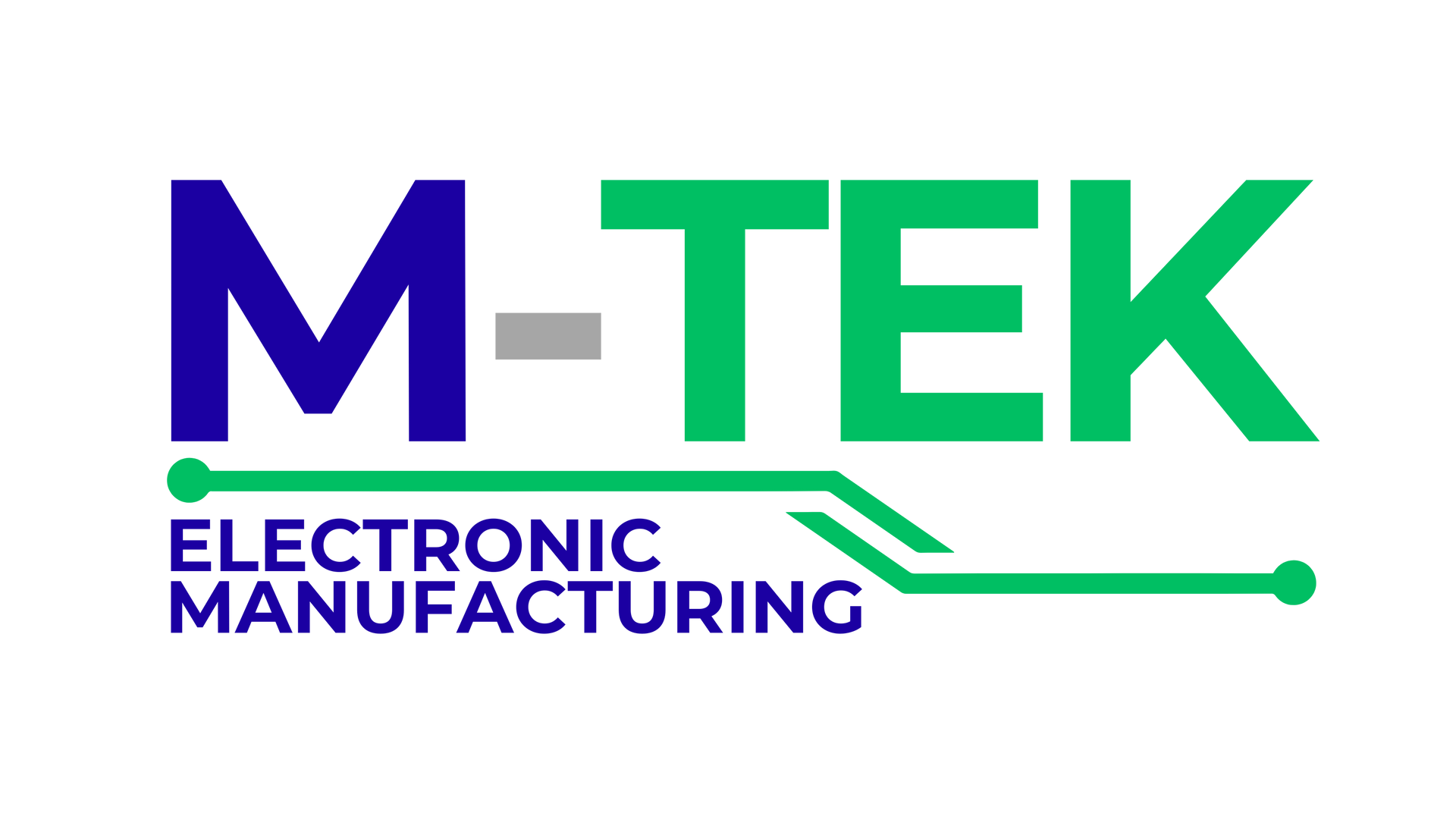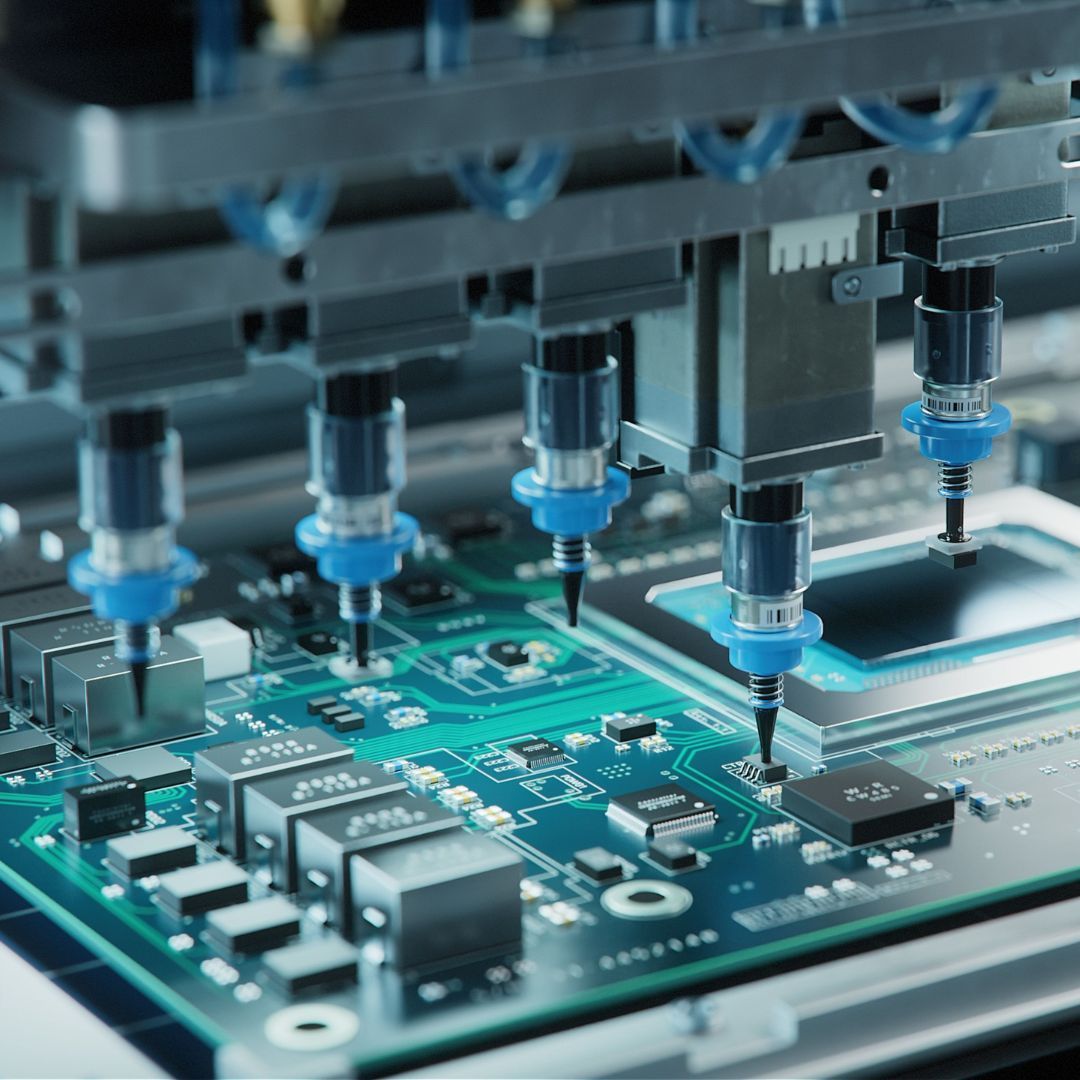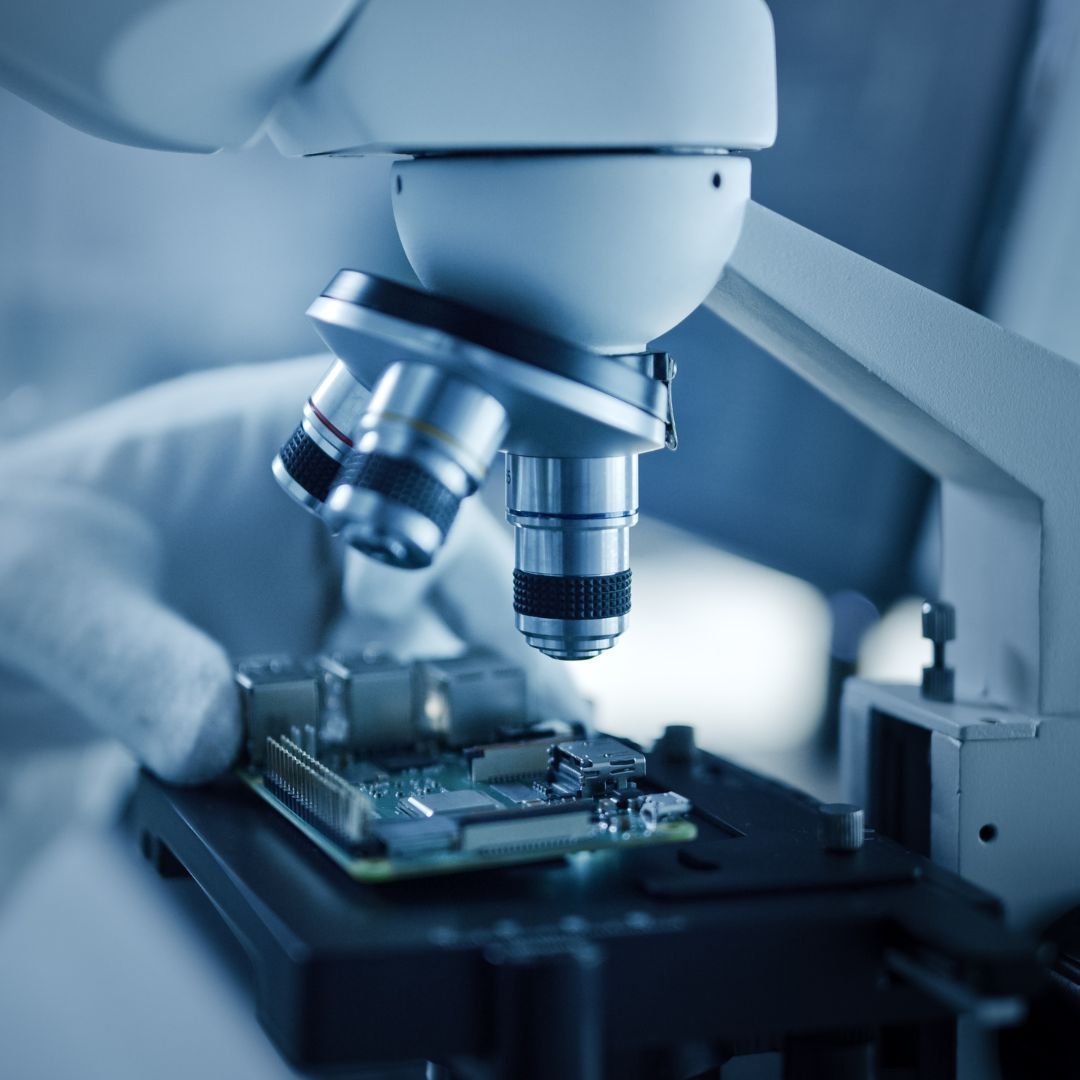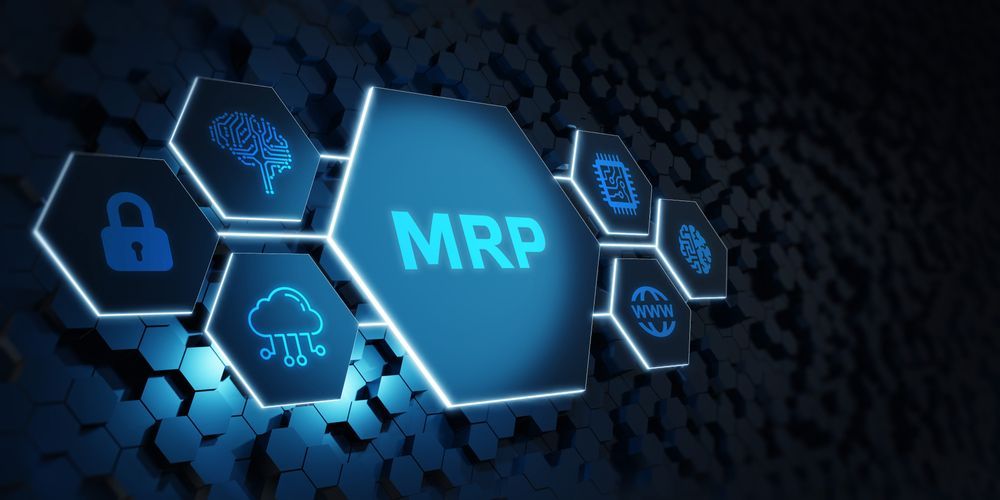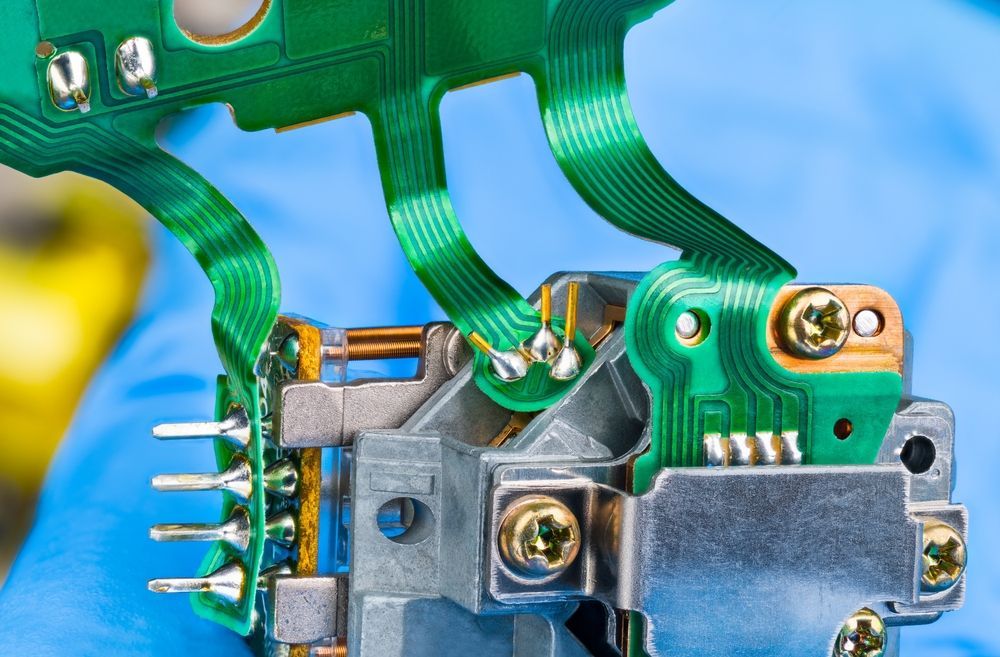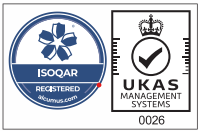PCB components, or printed circuit board components, are an integral part of modern electronic devices. They are used to connect and support various electronic components, such as microchips and resistors, and are a key component in the manufacturing of electronic devices. However, with the increasing volume of electronic waste being generated, it's important to consider the recyclability of PCB components.
Are PCB Components Recyclable?
One of the main concerns with PCB components is the potential for hazardous materials to be present. PCBs can contain a variety of materials, including lead, copper, and other potentially toxic substances. As a result, proper handling and disposal of PCB components is essential to protect both human health and the environment. Despite these concerns, PCB components are actually quite recyclable. In fact, PCBs are one of the most easily recyclable components of electronic devices. This is because the materials used in PCBs, such as copper and gold, have a high value and are in demand for reuse.
The Process
The process of recycling PCB components begins with the disassembly of electronic devices. This typically involves removing any non-PCB components, such as batteries and plastic casing and then breaking down the PCB into its individual components. The PCB is then shredded into small pieces, which are then sorted and separated based on the type of material they contain.
Once the PCB components have been separated and sorted, they are then ready to be recycled. The most valuable materials, such as copper and gold, are recovered through a process called smelting, which involves melting the materials down and then purifying and refining them. Less valuable materials, such as lead and tin, can also be recycled, although the process is slightly different.
Benefits of Recycling PCB Components
One of the major benefits of recycling PCB components is that it helps to conserve natural resources. The mining of new materials can be harmful to the environment, and recycling PCB components helps to reduce the demand for these materials. It also helps to reduce the amount of electronic waste that ends up in landfills, which can be harmful to the environment and potentially contaminate soil and water.
Another benefit of recycling PCB components is that it can also be cost-effective. The high value of materials such as copper and gold means that recycling these materials can be financially beneficial, and can help offset the costs of recycling other, less valuable materials.
Overall, PCB components are highly recyclable, and the process of recycling them can have a number of benefits.
From conserving natural resources to reducing electronic waste and even being cost-effective, recycling PCB components is an important step in the responsible disposal of electronic devices. By properly recycling these components, we can help to protect the environment and reduce the negative impact of electronic waste.
M-TEK
M-TEK is a global electronics manufacturer partner that offers services to numerous industries, such as telecommunications, marine, and security. Give our specialists at M-Tek Assembly Ltd a call at 01189 455377 if you have any questions regarding PCB Components or require general advice or help. One of our team members will be more than happy to help. Alternatively, Follow us on Twitter to stay up to date on our latest news and services.
